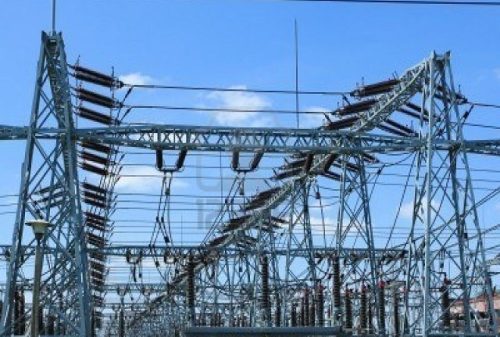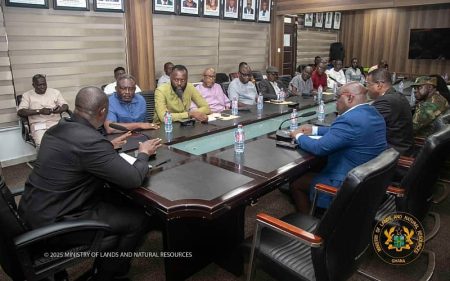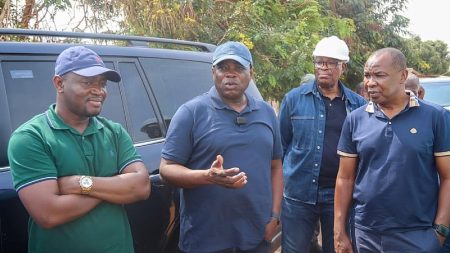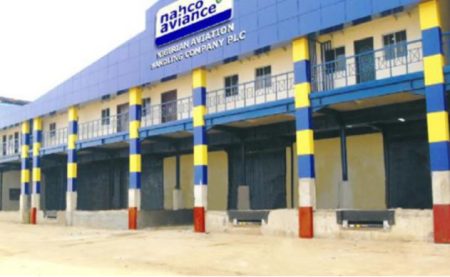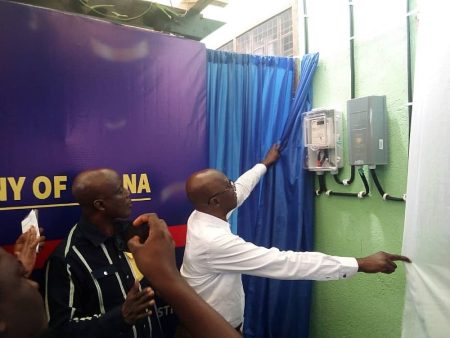The Nigerian Senate has initiated a critical examination of the country’s power sector, particularly scrutinizing the role and practices of private electricity distribution companies (Discos). Senator Yunus Abiodun Akintunde, Chairman of the Senate Committee on the Environment, has voiced strong concerns about what he describes as the indirect enrichment of Discos through the use of public funds. The core issue revolves around the government’s practice of purchasing electricity transformers for communities, only to have these assets effectively appropriated by the Discos once they are installed and energized. This practice, according to Senator Akintunde, represents a misuse of public resources and unfairly benefits private entities at the expense of the Nigerian people. He argues that this system allows Discos to profit from publicly funded infrastructure without commensurate investment or responsibility, creating a cycle of public expenditure that ultimately strengthens private monopolies.
The senator’s critique extends beyond the issue of transformers to encompass the broader structure of the Nigerian power sector. He highlights a fundamental imbalance: while generation and distribution segments have been privatized, the transmission infrastructure, the crucial link between them, remains under government control. This government-held transmission infrastructure, however, suffers from significant deficiencies, described by Senator Akintunde as outdated, inadequate, and a major bottleneck to achieving reliable power supply across the country. This structural asymmetry, with privatized profit centers on either end and a neglected, publicly owned transmission system in the middle, exacerbates the inefficiencies and contributes to the unreliable power supply that plagues Nigeria.
Senator Akintunde advocates for a reevaluation of the government’s approach to power sector subsidies. While acknowledging past abuses and inefficiencies in subsidy programs, he argues that well-managed subsidies are a global necessity, even in developed economies. He emphasizes the potential of targeted subsidies to stimulate economic growth and protect vulnerable populations from the burden of high energy costs. The senator’s call for a structured subsidy regime implies a shift away from the current ad-hoc approach of funding transformers towards a more strategic and transparent system that directly benefits consumers rather than enriching private companies. This suggests a need for clear criteria and oversight mechanisms to ensure that public funds allocated for power sector subsidies achieve their intended purpose.
The senator’s concerns resonate with a broader debate about the privatization of essential services. While privatization is often touted as a solution to inefficiencies in public sector management, the Nigerian power sector experience raises questions about the potential for private companies to exploit loopholes and maximize profits at the expense of public good. The senator’s critique suggests that without robust regulatory frameworks and effective oversight, privatization can lead to a situation where private interests are prioritized over public needs, resulting in higher costs and poorer service for consumers. The call for a structured subsidy regime can be interpreted as a recognition that market forces alone may not be sufficient to ensure equitable access to essential services like electricity, especially in developing economies.
Senator Akintunde’s intervention in the Senate underscores the urgency of addressing the systemic challenges plaguing Nigeria’s power sector. His arguments point to a need for a comprehensive review of the existing framework, including the relationship between public investment and private profit. The senator’s emphasis on empowering Nigerians with affordable and reliable electricity suggests a shift in focus towards a more consumer-centric approach. This could involve strengthening regulatory mechanisms to ensure accountability from Discos, investing in modernizing the transmission infrastructure, and designing subsidy programs that directly benefit consumers rather than indirectly enriching private companies.
Ultimately, the Senate’s call for a rethink of the power sector signifies a potential turning point in Nigeria’s quest for stable and accessible electricity. The senator’s critique of the status quo, his focus on the structural imbalances, and his advocacy for a structured subsidy regime provide a framework for a more equitable and efficient power sector that can effectively serve the needs of the Nigerian people. Moving forward, the challenge will be to translate these concerns into concrete policy reforms that address the fundamental issues hindering the sector’s development and ensure that public investments contribute to sustainable and equitable access to electricity for all Nigerians.





